Growing with a limited amount of fertilisers, lacking packaging material and an unstable market demand: for the Chinese growing company Hortipolaris, it has been quite the start of the year. By rapidly adjusting to the new circumstances, they have been able to keep a steady supply of fresh products while maintaining the prices low - something they wanted to do as that's their promise to their customers.
Manager Dan Xu explains how they did managed to do so and how they are responding to the most recent developments.
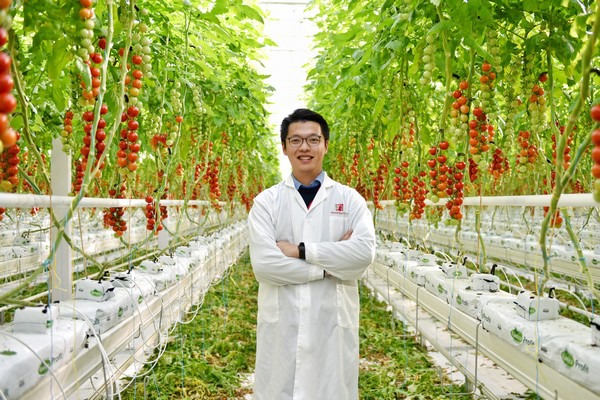
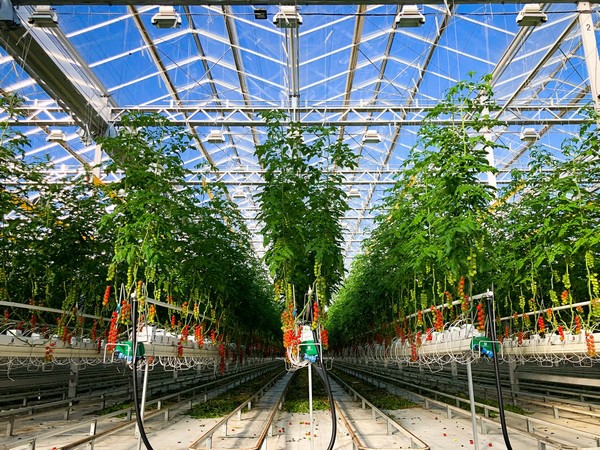
Beijing Hortipolaris has a 3.3 hectare greenhouse facility in Miyun where cherry tomatoes, strawberries, and lettuce are being grown. They mainly sell their products in high-end supermarkets, high-end restaurants, and Western-style restaurants in first- and second-tier cities throughout China.
No hold up in production
"Most of our workers live in villages near Beijing. Most of them are therefore still able to reach work on time", Dan explains when asked about the issues in horticulture when it comes to the virus outbreak. "We have therefore been fortunate not to have to hold up production because our workers were able to resume their job without delay."
Although obstacles were erected in many areas in the country to limit traffic, this did not bother the team too much since they have their own distribution channels in and around Beijing. "However, because of the COVID-19 epidemic, the number of flights to and from Beijing is greatly reduced. Many larger airlines have completely cancelled their scheduled flights. As a result of this development, our transport costs are three times more expensive than last year", Dan says. "Still, we have made promises to Chinese consumers to keep the price stable. The market price of our products has not increased as a result of the epidemic. We are carrying the burden of increased transport costs."
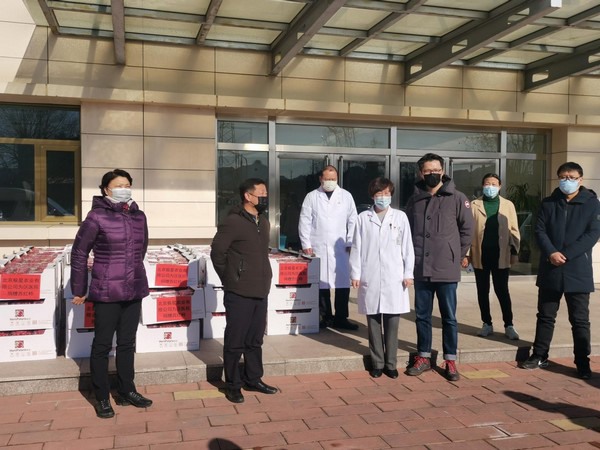
Ever since the virus outbreak, the company has made several free deliveries of fresh fruit and vegetables to hospitals in Wuhan.
Similar difficulties
Many fruit and vegetable suppliers encountered similar difficulties. "For example, in previous years, many clients would all sign orders immediately after Chinese Spring Festival [25 January, 2020], but more recently many of our long-time clients have delayed returning to work. We are therefore unable to sign sales contracts. Because of these circumstances and despite of the enormous market demand, our deliveries have been delayed."
Furthermore, online order volumes have been quite unstable. "Apart from traffic restrictions, another important reason for delay is the fact that many express delivery personnel have been caught in quarantine measures. They were unable to process the online orders on time", Dan says.
"The pressure on warehouses kept growing and clients temporarily stopped ordering new supplies. When the quarantine measures were lifted, express delivery personnel returned to work in large numbers and quickly cleared the backlog of orders. The volume of orders then began to grow again. Mirroring the developments on the end of our suppliers, we have also received order volumes that were sometimes high and then suddenly low."
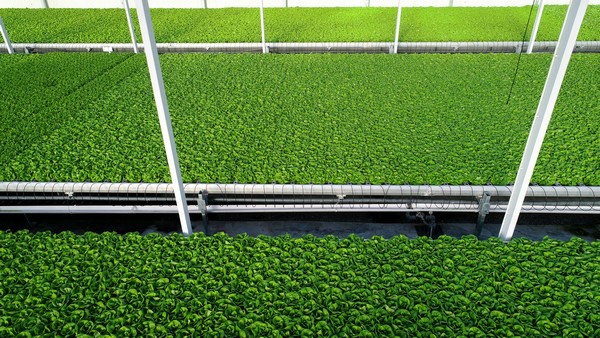
Fertilizer and packaging materials
"Apart from the unstable volume of orders, our production also suffered from interruptions in the supply of fertilizer and packaging materials. We had products that we could not sell because we could not pack them. We have been through a very difficult period in which we worked hard to coordinate our efforts and we borrowed supplies to make sure we could process our orders on time."
According to Dan, the outbreak of the corona virus has shown the ability of Chinese companies to quickly respond to a rapidly changing situation. "As for our production, the volume of orders for leaf vegetables quickly increased and in order to satisfy the daily growing market demand, we used heating technology to propagate seedlings and reduce the growing period of our leaf vegetables by 30%."
"When it comes to retail, many clients of such large-scale supermarkets as Wumei and Jingkelong have turned to online shopping instead. Online shopping and collective purchases through community stores are on the rise again. These methods allow consumers to purchase fresh fruit and vegetables without having to leave their house and risk infection." Hortipolaris has their own online store and the overall volume of orders is 50 times larger than before the outbreak of the corona virus.
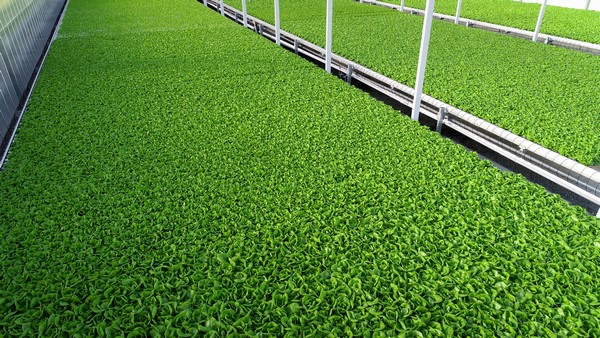
For more information:
Beijing Hortipolaris
Tel.: +86 138 1022 2990
E-mail: dan.xu@hortipolaris.com
